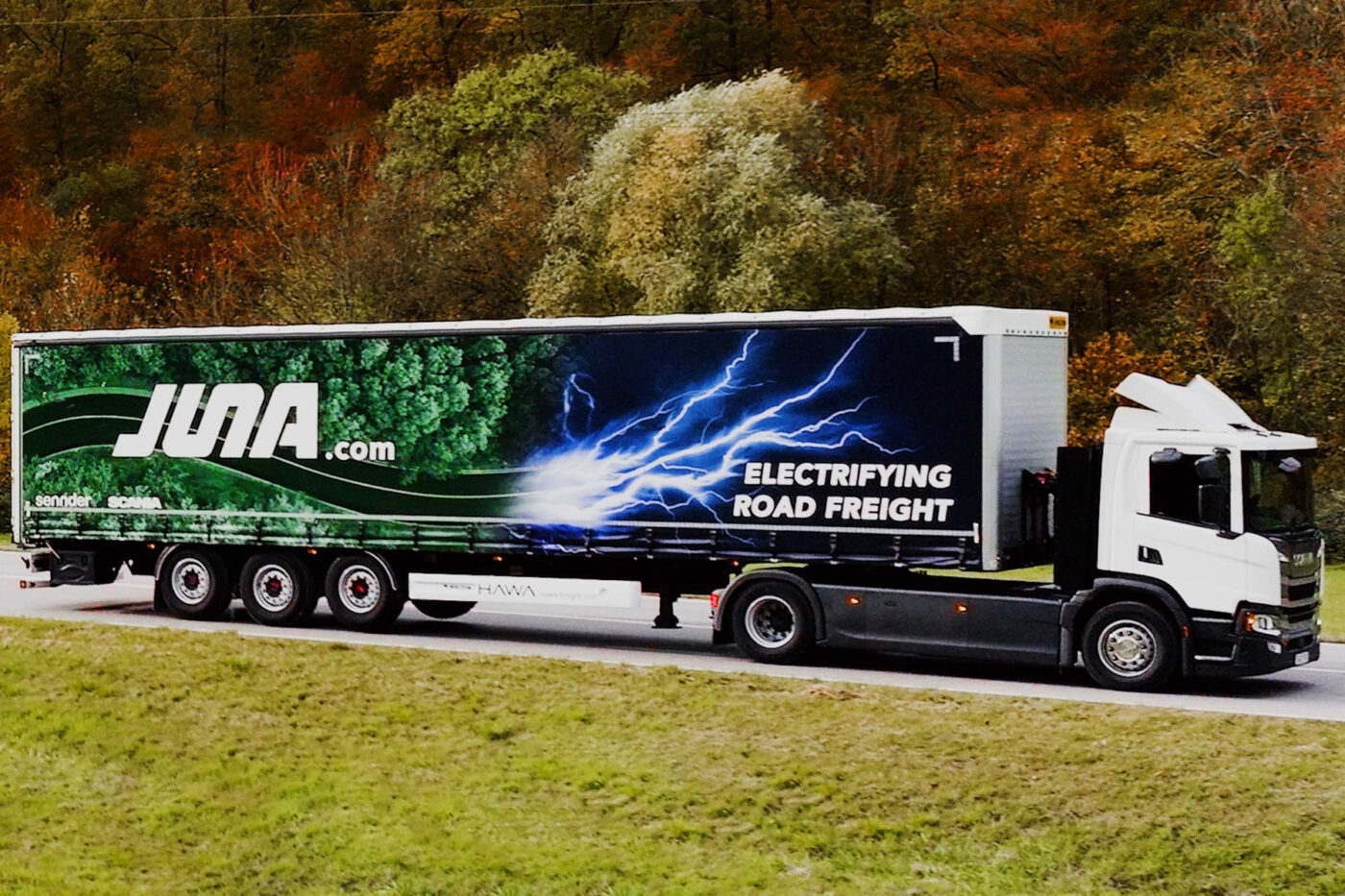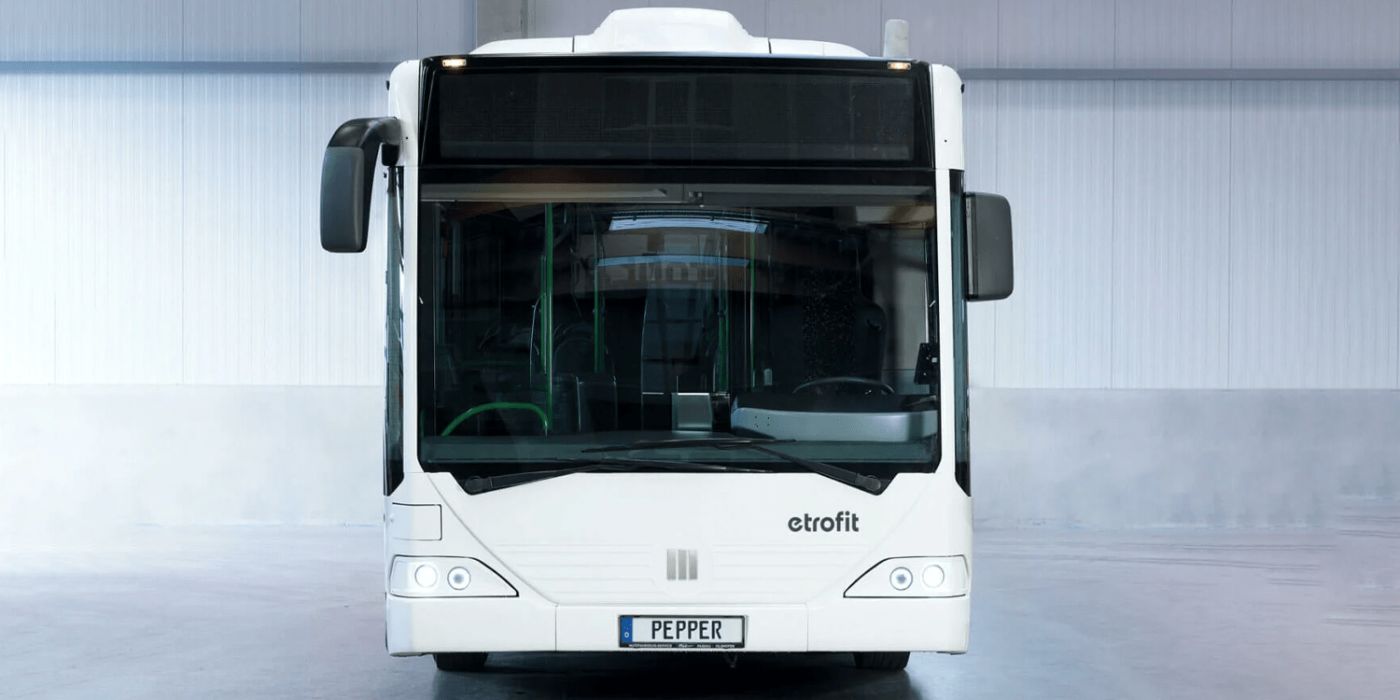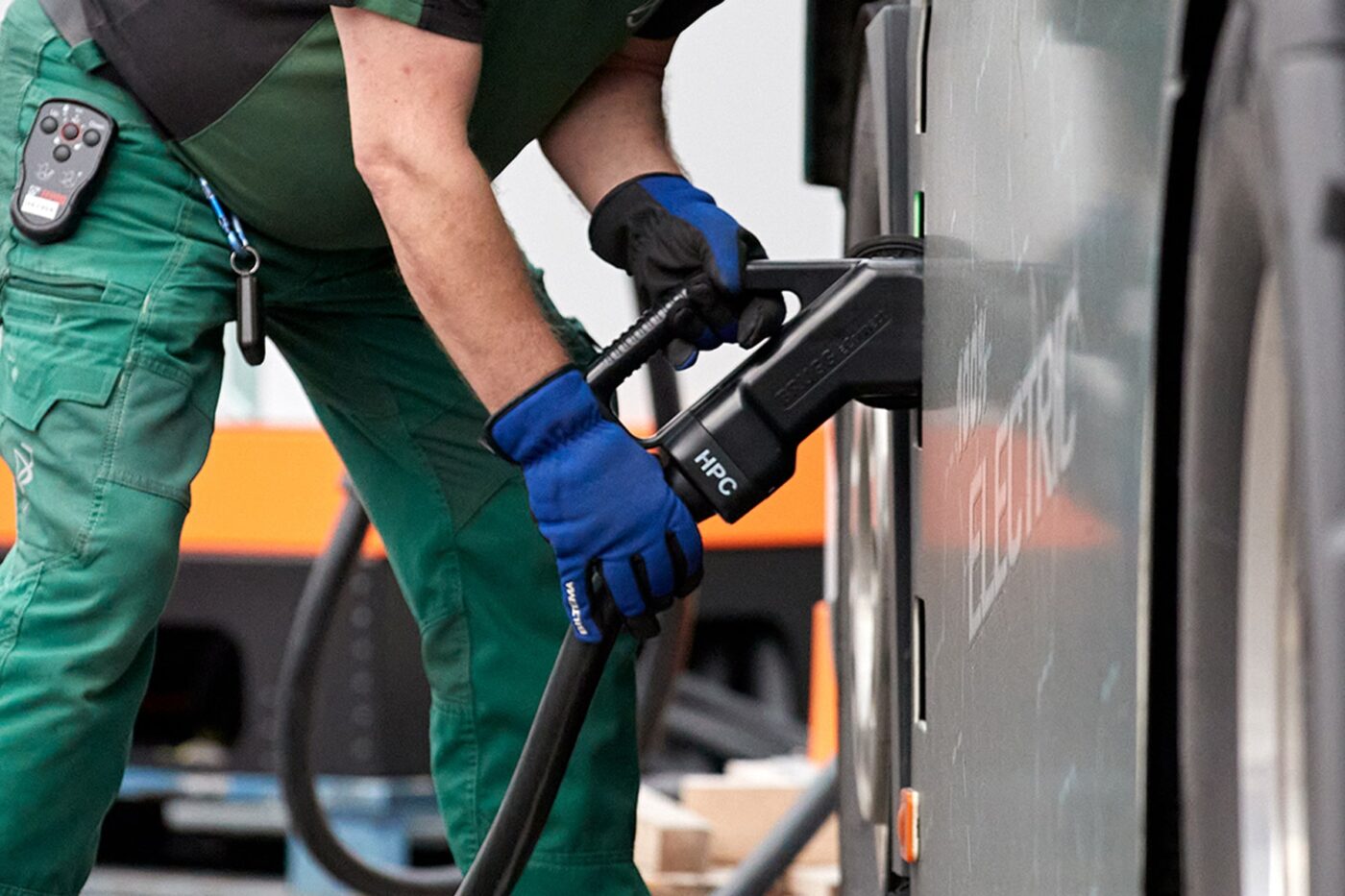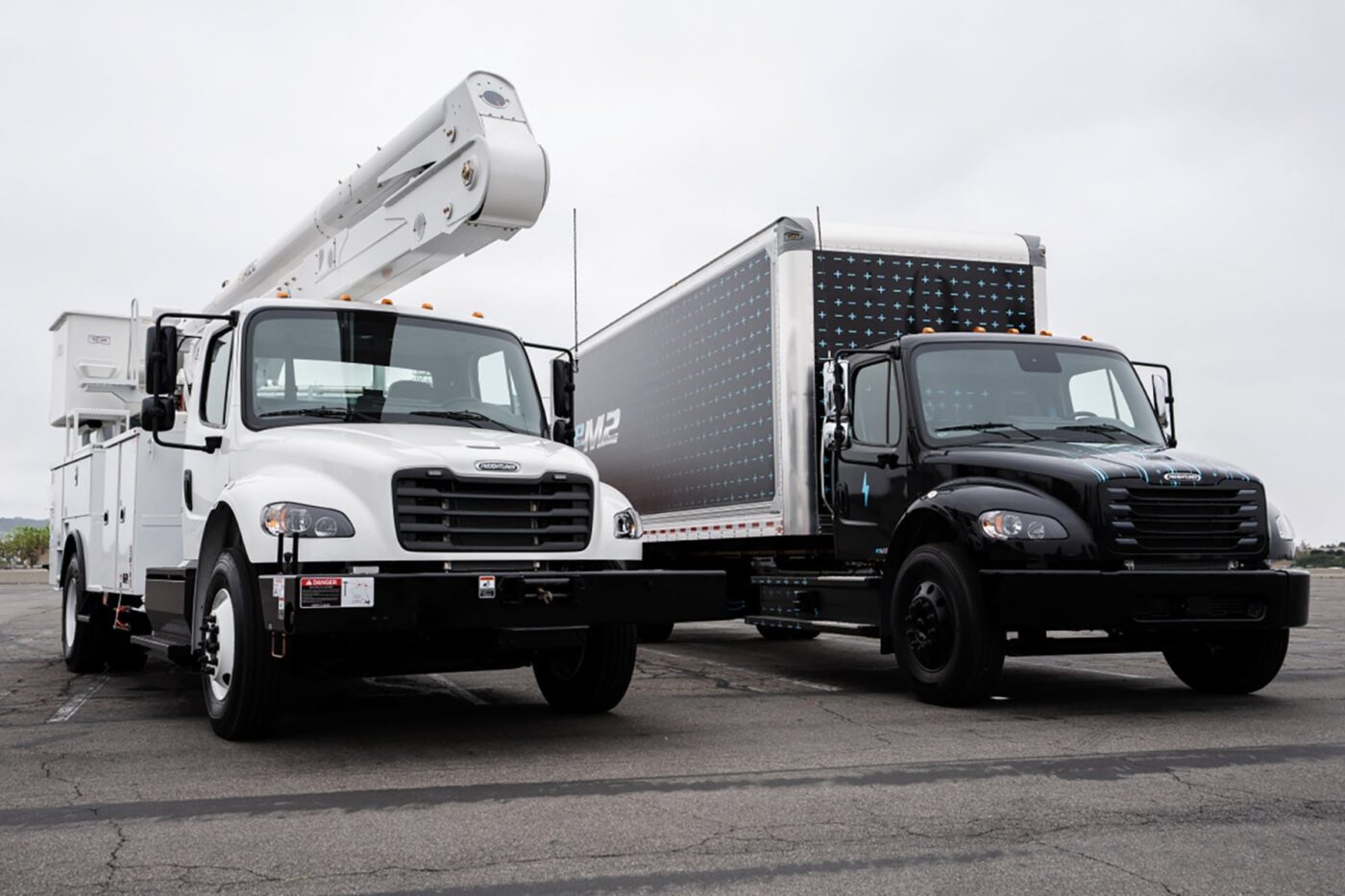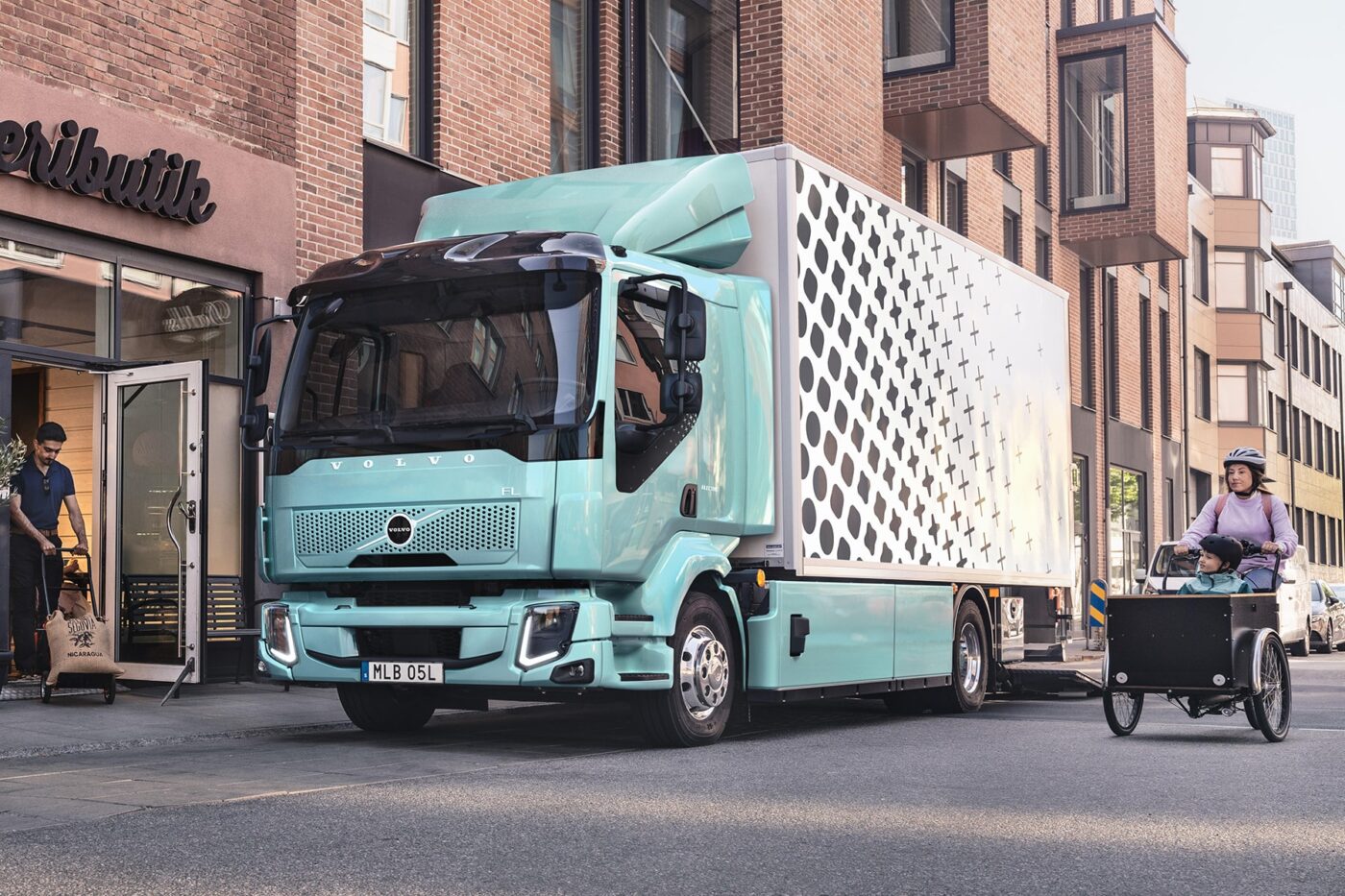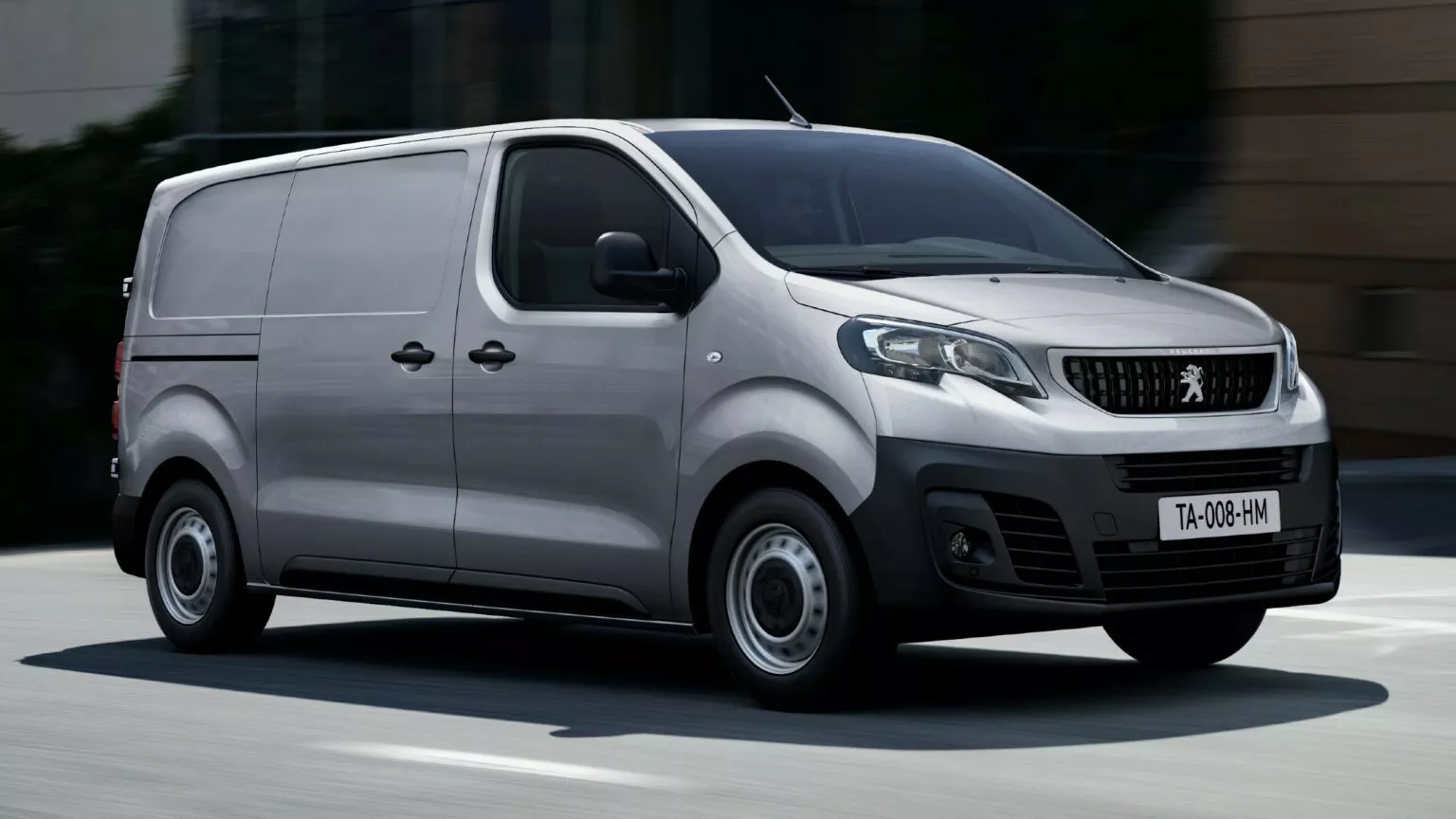Scania and digital road freight forwarder Sennder Technologies have joined forces in a pioneering venture named ‘Juna,’ headquartered in Berlin, with the goal of driving the widespread adoption of electric trucks across Europe. Juna aims to offer electric trucks through a pay-per-use model, streamlining the transition to electric transport for logistics companies.
The innovative pay-per-use approach is designed to alleviate the financial burden on transport companies, eliminating high acquisition costs and residual value risks from their balance sheets. Instead, these responsibilities fall to Juna, offering logistics firms access to Scania e-trucks with “guaranteed capacity utilization.” By ensuring access to cargo through Sennder’s digital platform, Juna provides commercial predictability for carriers, according to the two companies.
Remarkably, even as the partnership between Sennder and Scania has just been unveiled, the first Juna vehicles are already in use by a transport company in Baden-Württemberg, Germany, operating up to ten times a week. This single electric truck is expected to reduce annual CO2 emissions by an impressive 93 tonnes. Notably, the pilot project utilizes existing public charging infrastructure in Germany, with per-kilometer costs comparable to traditional diesel expenses.
Juna envisions offering customers a comprehensive package encompassing premium electric vehicles, repair, maintenance, insurance, digital and electric services, as well as usage-based fees with guaranteed utilization. To optimize electrification strategies, Juna plans to employ data analysis and route simulations to assess the suitability of electric vehicles for customer-specific needs.
By 2024, Juna plans to bolster the presence of e-trucks in Germany, making up to 100 electric trucks available through the pay-per-use model. Looking ahead to 2030, Juna’s ambitious goal is to have 5,000 electric trucks in operation. Sennder highlighted the pivotal role Juna is set to play in reducing carbon emissions and driving the transition toward low-emission transportation by eliminating risks associated with electric truck adoption and streamlining operations.
David Nothacker, CEO of Sennder, emphasized, “Given that e-trucks cost two to three times more than diesel trucks and that 70 percent of all trucks in Europe are owned by small carriers with less than ten trucks, the combination of Juna’s pay-per-use offering and Sennder’s capacity utilization will effectively remove the barriers to adopting e-trucks.”
Gustaf Sundell, Executive Vice President and Head of Ventures and New Business at Scania, underlined the collaborative effort’s importance in advancing the transition to electrified heavy transport, saying, “We believe it will play an important role in driving the shift to a sustainable transport system.”
While the Cologne-based company Hylane offers a similar pay-per-use model for fuel cell trucks, Juna’s partnership with Scania brings a manufacturer-backed initiative that simplifies electrification in the logistics sector, differentiating it from other models in the market.

